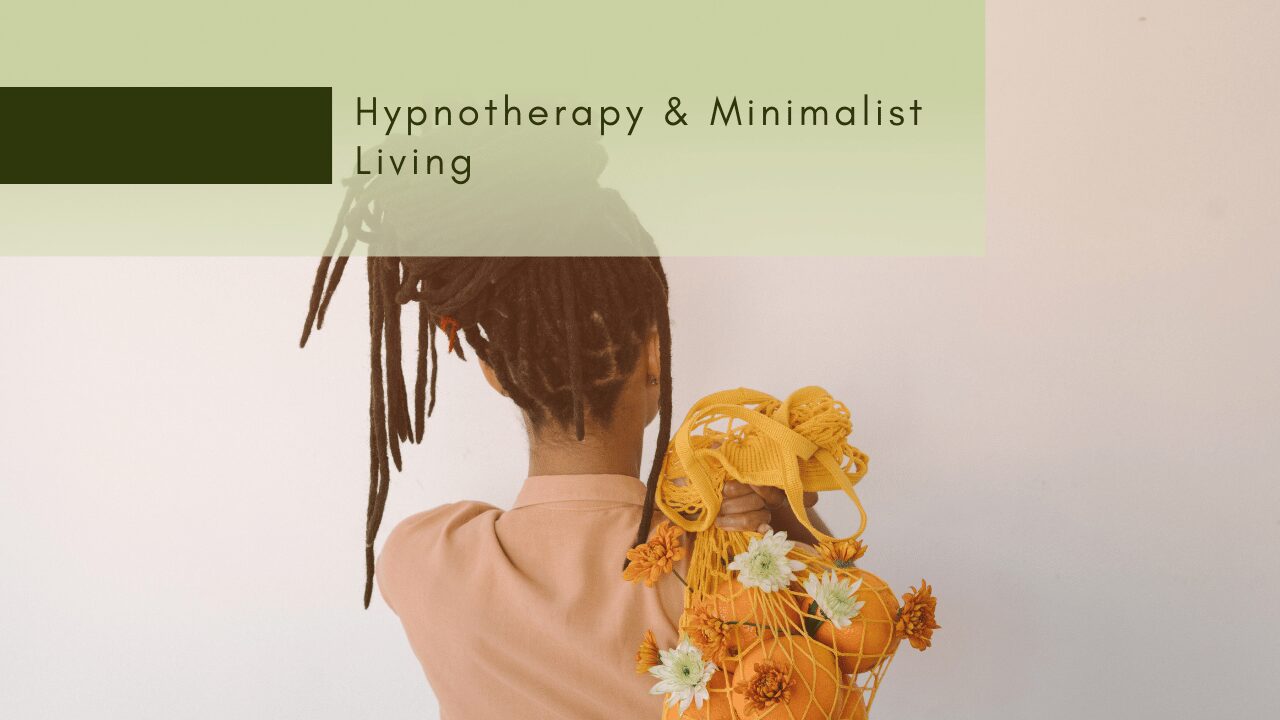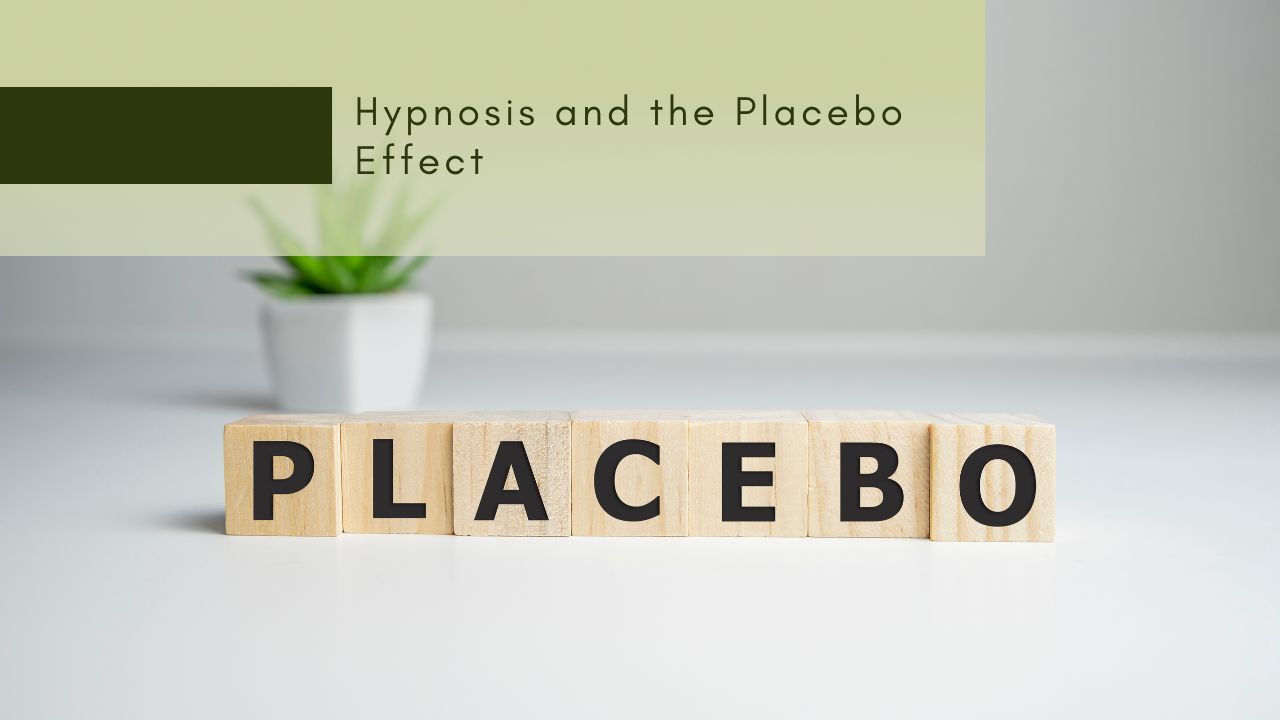This blog explores the integration of hypnotherapy for minimalist living as a conduit to a simpler, more focused life. In an increasingly cluttered world, the practice of hypnotherapy offers a frequently overlooked tool for a minimalist lifestyle.
What is Minimalist Living and How Does it Benefit Mental Health?
Minimalist living is a lifestyle characterised by intentionally simplifying one’s possessions, Benefits of minimalist living for mental health include:
Reduced Stress
A clutter-free and simplified environment can lead to reduced stress levels. The visual chaos associated with clutter can contribute to feelings of overwhelm, and by minimizing possessions, individuals may experience a sense of calm.
Increased Mindfulness
Minimalism encourages a more intentional and mindful approach to life. By focusing on the essentials and eliminating distractions, individuals can be more present in the moment, leading to improved mental well-being.
Financial Freedom
Minimalist living often involves making deliberate choices about spending and consumption. By reducing the desire for material possessions, individuals may find they can save money, leading to greater financial stability and decreased financial stress.
Improved Relationships
Minimalism extends beyond physical belongings to the relationships in our lives. By prioritizing meaningful connections and letting go of toxic or unfulfilling relationships, individuals can create a more positive social environment.
Increased Creativity
A clutter-free space can be conducive to creativity. Minimalism encourages simplicity and can help individuals focus on their passions and creative pursuits without the distractions of unnecessary belongings.
Enhanced Productivity
Minimalist living promotes a more organized and purposeful lifestyle. With fewer possessions and commitments, individuals can streamline their daily routines, leading to increased efficiency and productivity.
Greater Clarity of Purpose
By removing the excesses from life, individuals often gain a clearer understanding of their values and priorities. This clarity can lead to a stronger sense of purpose and direction, contributing to overall mental well-being.
Freedom from Comparison
Minimalism encourages people to define success and happiness on their terms rather than comparing themselves to others. This can alleviate the pressure to conform to societal expectations and foster a healthier mindset.
It’s important to note that minimalism is a personal journey, and its impact on mental health may vary from person to person. Some people find great benefits in embracing a minimalist lifestyle, while others may prefer a different approach. Ultimately, the key is to find a balance that aligns with individual values and promotes overall well-being.
Can Hypnotherapy Facilitate the Adoption of a Minimalist Lifestyle?
Hypnotherapy is a therapeutic technique that uses hypnosis to induce a relaxed and focused state of consciousness, often referred to as a trance. During this state, individuals may be more open to suggestion and may experience increased focus on specific thoughts or behaviors. While hypnotherapy is not a magic solution and its effectiveness varies among individuals, it has been used to address various lifestyle changes and habits, including promoting a minimalist lifestyle.
Individual Factors Influencing the Success of Hypnotherapy in Minimalist Living
It’s important to note that while hypnotherapy can be a complementary approach to promoting lifestyle changes, its success depends on individual factors such as openness to suggestion, personal motivation, and the skill of the hypnotherapist. Additionally, the adoption of a minimalist lifestyle often involves conscious decisions, self-reflection, and ongoing efforts to maintain the chosen lifestyle.
How Does Hypnotherapy Address the Emotional Barriers to Minimalist Living?
Hypnotherapy can potentially address emotional barriers to minimalist living by accessing the subconscious mind and influencing thought patterns and behaviors. Below are several ways in which hypnotherapy may help individuals overcome emotional barriers to adopting a minimalist lifestyle:
Identifying Root Causes
Hypnotherapy sessions can help individuals explore and identify the root causes of emotional attachments to possessions. This may involve uncovering past experiences, traumas, or beliefs that contribute to the emotional barriers to letting go of belongings.
Changing Negative Thought Patterns
Hypnotherapy can be used to challenge and reframe negative thought patterns related to possessions. For example, if someone has deep-seated beliefs that letting go of certain items is equivalent to losing a part of themselves, hypnotherapy can help reshape these beliefs to foster a healthier perspective on possessions.
Building Self-Esteem and Confidence
Emotional attachments to possessions are sometimes linked to self-esteem and identity. Hypnotherapy can be employed to enhance self-esteem and confidence, encouraging individuals to recognize their intrinsic value beyond material belongings.
Stress Reduction and Relaxation
Emotional barriers to minimalist living can be tied to stress and anxiety about change. Hypnotherapy is known for inducing relaxation, which can help reduce stress and create a more open and receptive mental state for exploring and accepting minimalism.
Creating Positive Associations
Hypnotherapy can be used to create positive associations with the idea of minimalism. By guiding individuals through positive imagery and experiences related to a simplified lifestyle, hypnotherapy can make the concept more appealing and reduce resistance.
Addressing Fear of Loss
Some individuals may fear that letting go of possessions will result in a sense of loss. Hypnotherapy can help individuals explore and reframe these fears, emphasizing the potential gains and benefits of a minimalist lifestyle, such as increased freedom, clarity, and fulfillment.
Encouraging Mindfulness
Hypnotherapy can promote mindfulness, helping individuals become more aware of their emotions, thoughts, and behaviors. By fostering mindfulness, individuals can develop a deeper understanding of the emotional barriers to minimalist living and work towards overcoming them.
Setting and Reinforcing Goals
Hypnotherapy sessions can include goal-setting exercises and suggestions to reinforce the commitment to minimalist living. This can help individuals stay focused on their objectives and navigate challenges as they arise.
What Mindset Shifts Are Essential for Embracing Minimalism Through Hypnotherapy?
The following are mindshift essentials for embracing minimalist living though hypnotherapy:
Changing Thought Pattern
Hypnotherapy can be used to address deep-seated beliefs and thought patterns related to material possessions and consumerism. By suggesting positive affirmations and new perspectives during a hypnotic state, individuals may develop a more positive attitude toward minimalism.
Reducing Attachment to Possessions
Hypnotherapy may help individuals reduce emotional attachments to possessions. This can be beneficial in letting go of unnecessary items and embracing a minimalist mindset, where value is placed on experiences and relationships rather than material goods.
Enhancing Motivation
Hypnotherapy can be used to boost motivation and commitment to a particular goal, such as adopting a minimalist lifestyle. Suggestions made during hypnosis can reinforce the importance of simplifying one’s life and help individuals stay focused on their goals.
Stress Reduction
Hypnotherapy is known for its ability to induce relaxation and reduce stress. As stress is often linked to the demands of a cluttered and overwhelming environment, reducing stress through hypnotherapy may make it easier for individuals to embrace minimalism.
Addressing Emotional Triggers
People often accumulate possessions due to emotional attachments or as a way of coping with stress and anxiety. Hypnotherapy can help individuals identify and address these emotional triggers, paving the way for a healthier relationship with material belongings.
Visualising a Minimalist Lifestyle
Hypnotherapy sessions can involve guided visualisations that allow individuals to imagine and internalize the benefits of a minimalist lifestyle. This can make the concept more tangible and appealing, encouraging the adoption of minimalist practices in daily life.
What are Some Practical Steps to Apply Hypnotherapy Techniques in Pursuing Minimalist Living?
Applying hypnotherapy techniques to pursue minimalist living involves a combination of self-reflection, goal-setting, and the use of hypnotic suggestions. Some practical steps to integrate hypnotherapy techniques into the pursuit of a minimalist lifestyle are listed below:
Set Clear Goals
Define specific goals related to minimalist living. This could include decluttering a specific area, reducing the number of possessions in a particular category, or embracing a simplified lifestyle overall.
Practice Relaxation Techniques
Before engaging in hypnotherapy, practice relaxation techniques such as deep breathing or progressive muscle relaxation. This helps create a calm and receptive mental state.
Choose a Quiet Environment
Find a quiet and comfortable space where you won’t be disturbed. This helps create an environment conducive to relaxation and focus.
Self-Hypnosis or Guided Sessions
Decide whether you want to practice self-hypnosis or use guided hypnotherapy sessions. Self-hypnosis involves guiding yourself into a hypnotic state, while guided sessions can be led by a qualified hypnotherapist or through pre-recorded sessions.
Use Positive Affirmations
Develop positive affirmations that support your minimalist goals. For example, “I find joy in simplicity,” or “Letting go of excess brings me peace.” Repeat these affirmations during the hypnotic state.
Visualization Exercises
Engage in visualization exercises that help you imagine and internalize the benefits of a minimalist lifestyle. Visualize the spaces you want to declutter and envision the sense of calm and freedom associated with minimalism.
Address Emotional Attachments
During hypnotherapy, explore and address emotional attachments to possessions. Identify any underlying fears or beliefs that may be hindering your ability to embrace minimalism, and work on reframing them.
Reinforce Motivation
Use hypnotic suggestions to reinforce your motivation to pursue a minimalist lifestyle. Focus on the positive aspects, such as the sense of liberation, increased focus, and reduced stress that come with simplifying your life.
Repeat Sessions Regularly
Consistency is key. Repeat hypnotherapy sessions regularly to reinforce positive beliefs and behaviors. This can help solidify your commitment to minimalist living over time.
Combine Hypnotherapy with Practical Actions
Hypnotherapy is most effective when combined with practical actions. After each session, take concrete steps toward your minimalist goals, such as decluttering a specific area, donating items, or avoiding unnecessary purchases.
Document Your Progress
Keep a journal to document your progress and experiences. Note any shifts in mindset, emotional changes, or successful decluttering efforts. Reflecting on your journey can enhance self-awareness and motivation.
Consider Professional Guidance
If you find it challenging to practice hypnotherapy on your own, consider seeking the assistance of a qualified hypnotherapist. They can tailor sessions to your specific needs and guide you through the process.




